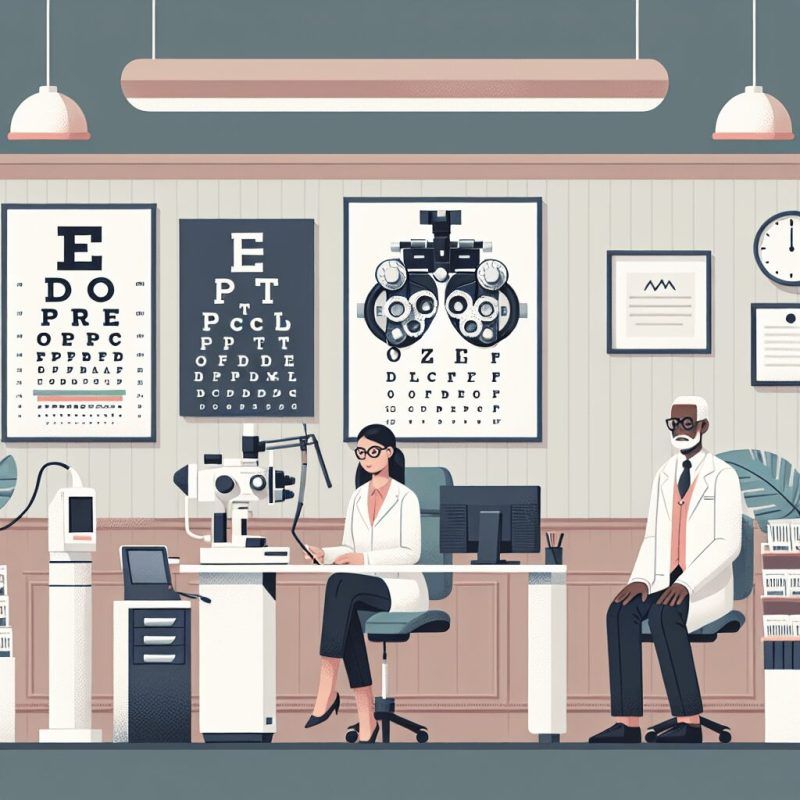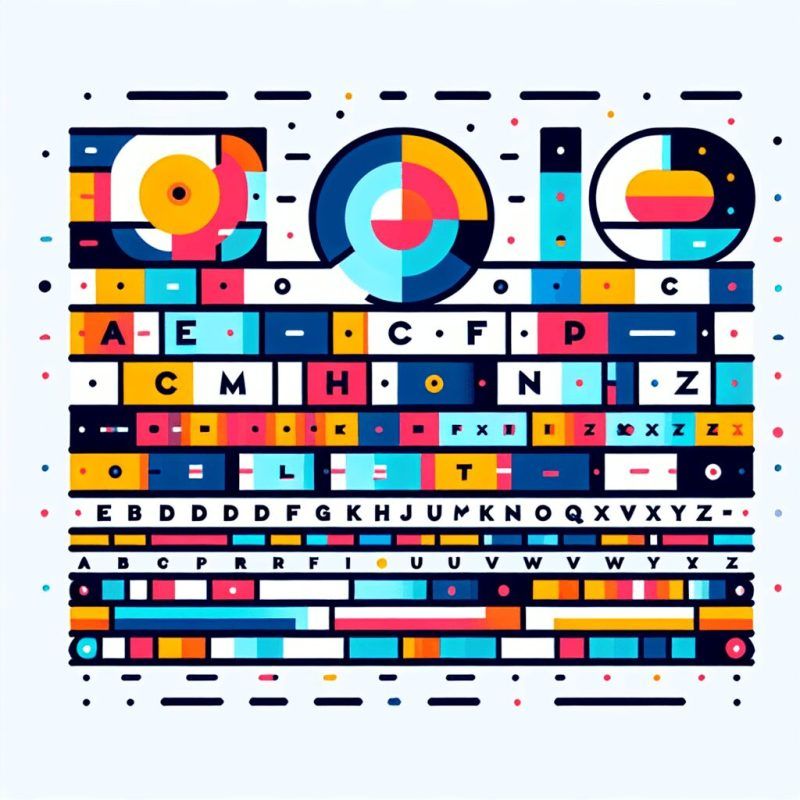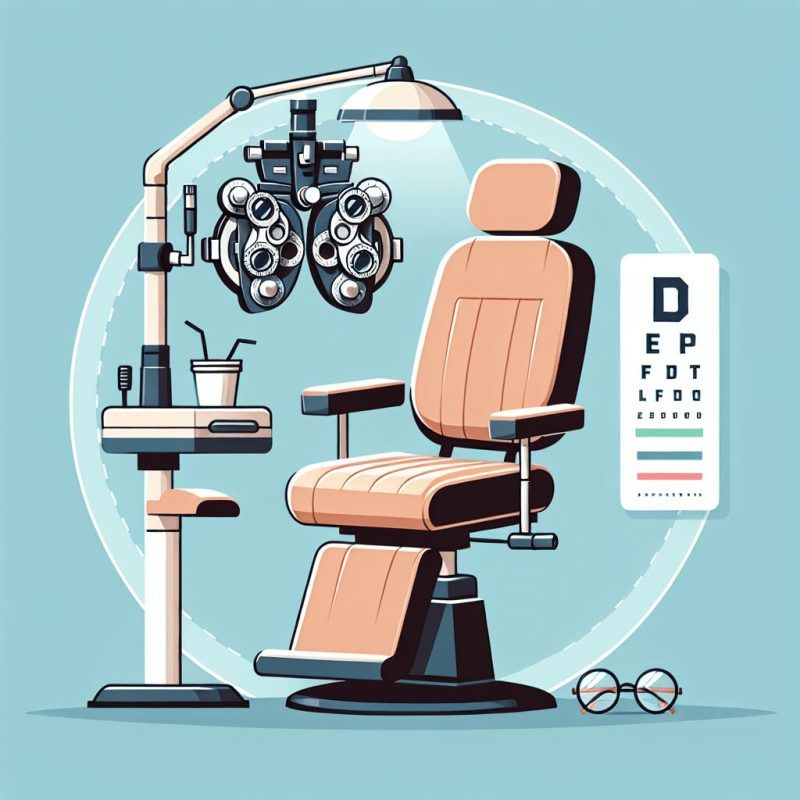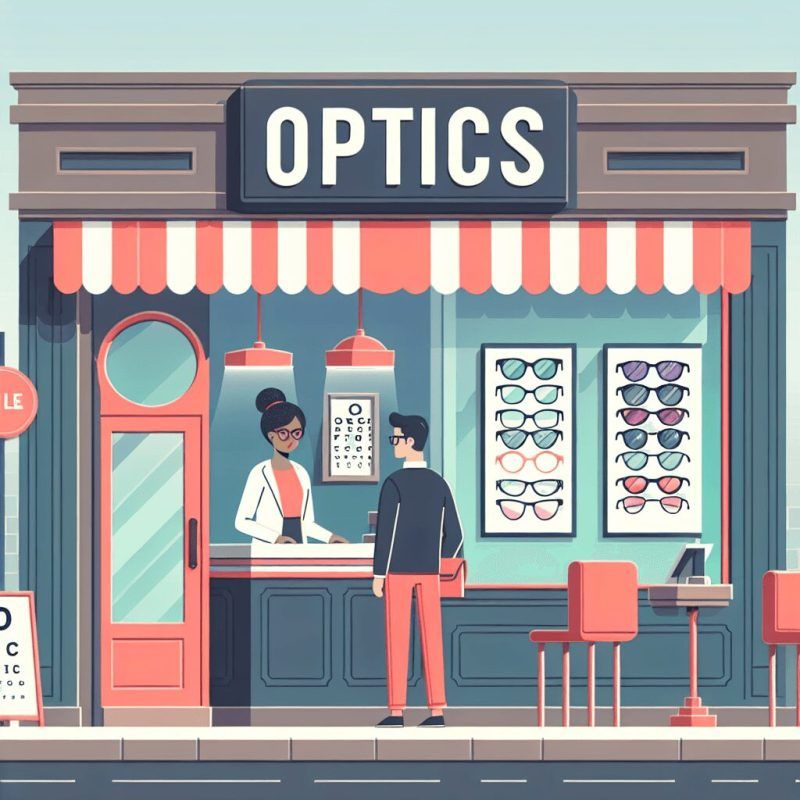Doctor's Corner
What Can an Eye Exam Detect?
While you probably already know that you need an eye exam to get prescription glasses or contact lenses, did you know it can also detect other serious health problems?
As a trusted optometrist in the Woodlands, Superior Eye Care often receives the question, “What can an eye exam detect?” Here, we break down the answer for you, discussing what kinds of vision problems and health issues eye exams can reveal.
Vision Disorder Identification
The first purpose of any eye exam is to identify trouble with your vision. Acuity testing measures the sharpness of your vision based on how well you can see letters and numbers on a chart from a distance. Visual acuity of 20/20 represents perfect vision.
Refraction testing goes a step further to determine your prescription for glasses or contact lenses. Refraction error detection works by seeing how light travels through your eye. The primary refractive errors are nearsightedness, farsightedness, astigmatism, and presbyopia (trouble focusing up close).
Ocular Health Assessment
In addition to measuring your vision, an eye exam can give you valuable information about your eye health. Comprehensive eye exams can detect early signs of eye diseases and symptoms of other illnesses and conditions you may not have known about.
Eye Diseases
If you’re wondering, “What can an eye exam detect?” in terms of eye diseases, the following are common conditions found during eye exams.
Glaucoma
Glaucoma is a group of eye diseases that can cause vision loss by damaging the optic nerve in the back of your eye. Because the condition has few warning signs, it is one of the leading causes of blindness worldwide. Thankfully, eye doctors can test for glaucoma using an intraocular pressure test and optic nerve examination.
Cataracts
Cataracts happen when the lenses in your eyes become cloudy. This common age-related condition affects more than more than half of Americans over the age of 80. While a natural process, cataracts can cause annoying blurry, faded, or cloudy vision. During your eye exam, your doctor will check the lens of your eye for evidence of clouding.
Macular Degeneration
Age-related macular degeneration is a common but potentially serious eye condition that affects central vision. It can happen slowly or rapidly but cannot be reversed. Your eye doctor can diagnose and potentially help slow down the course of the disease with supplements.
Blepharitis and Dry Eye Disease
Blepharitis is a skin problem that causes your eyelids to become swollen and irritated. While less serious than the other conditions on this list, it can contribute to discomfort, vision problems, and dry eye disease. Dry eye disease happens when your eyes stop producing enough tears to keep your eyes moisturized.
Other Health Conditions
The delicate structures of the eye can show early signs of serious health problems in the rest of the body. You might not go to the eye doctor for an overall physical, but regular eye exams can help you stay healthy.
Your eye doctor may detect the following signs of disease during a routine exam:
- High blood pressure: Elevated blood pressure can cause specific changes to the blood vessels in your eye.
- Diabetes: Even before you receive an official diabetes diagnosis, the disease can cause the blood vessels in your eye to leak blood into the retina.
- Cancer: From melanoma to leukemia, a variety of cancer types can cause changes to the eye’s surface or interior.
- Thyroid disease: An overactive thyroid gland can cause the eyeballs to bulge or protrude from the eyelids.
- High cholesterol: Another possible retinal condition diagnosis, high cholesterol can show up as deposits in the retina’s blood vessels or as a ring around the cornea.
Other health conditions an eye exam could detect include the following:
- Heart disease
- Rheumatoid arthritis
- Brain tumors
- Some STDs
- Vitamin A deficiency
If you have more questions, such as “What can an eye exam detect?” or you’re considering getting an eye exam in the Woodlands, contact Superior Eye Care today at
281-298-5905.
Doctor's Corner





